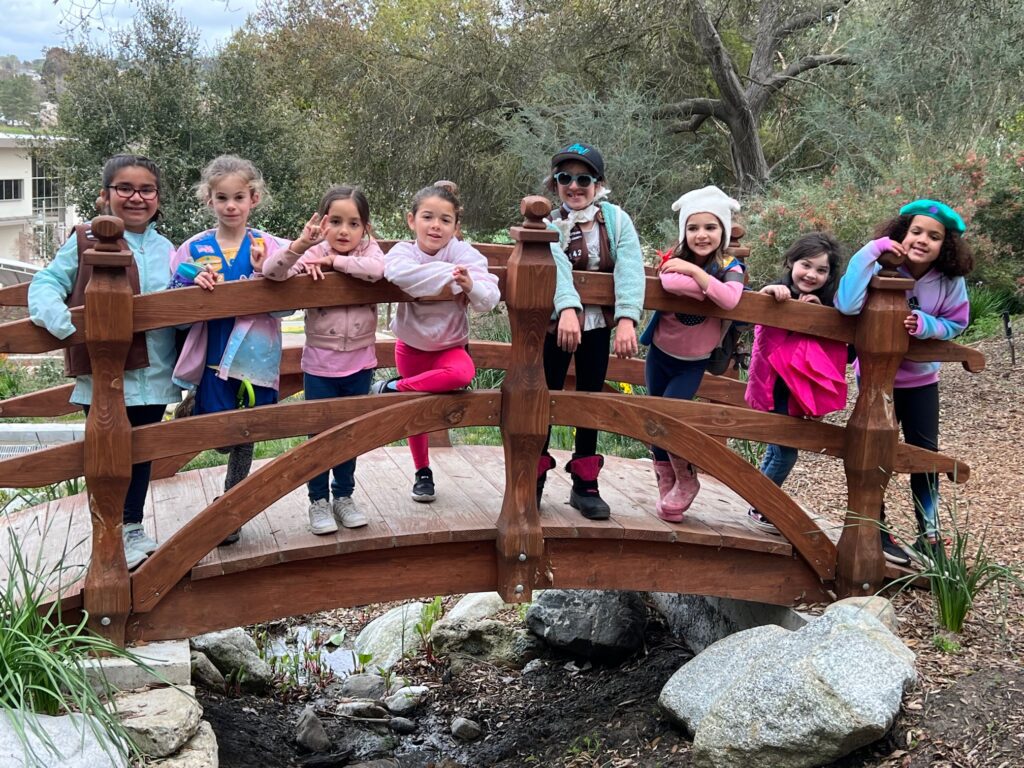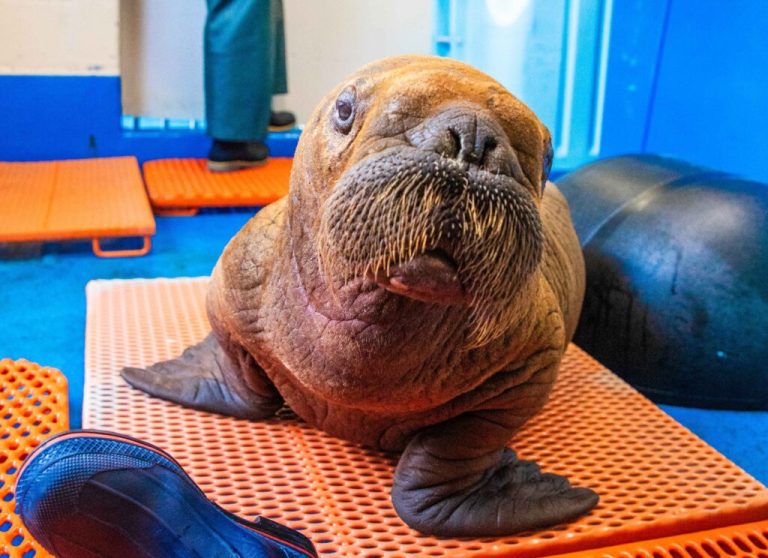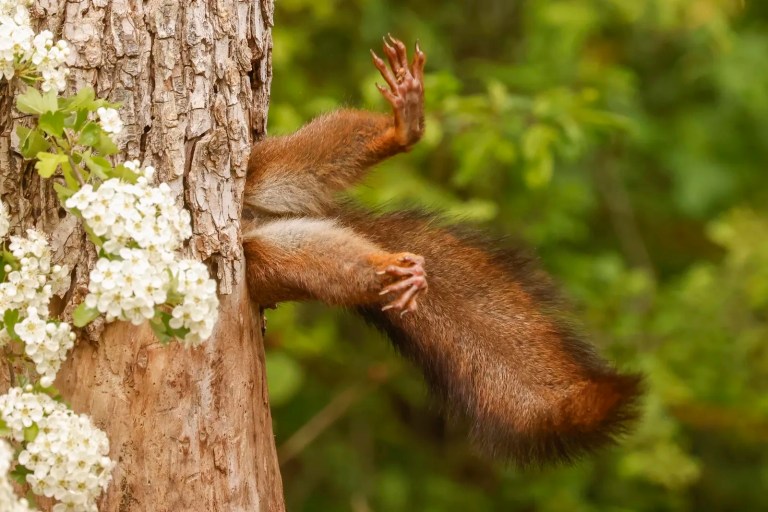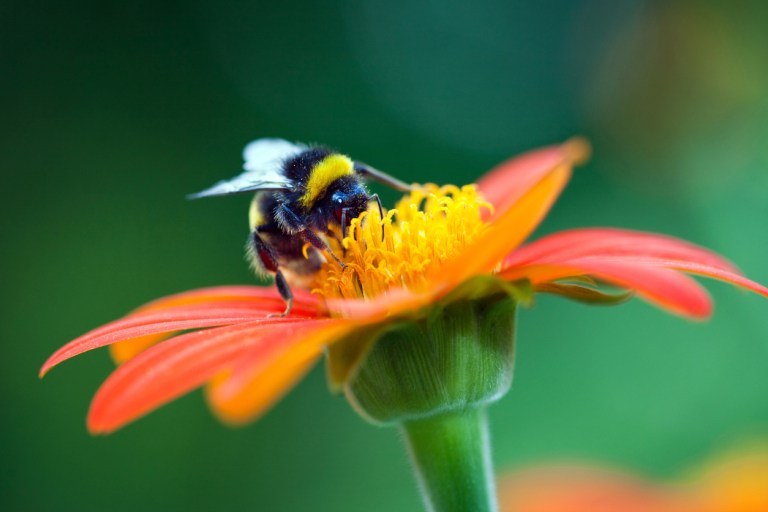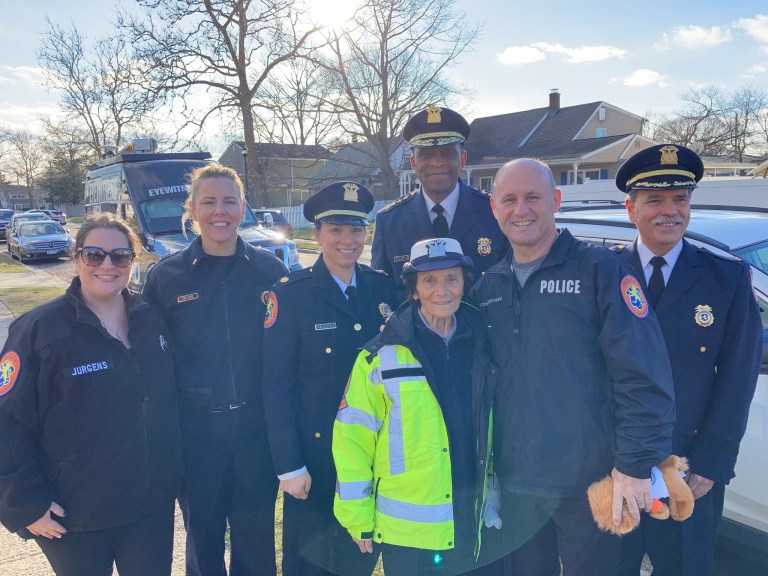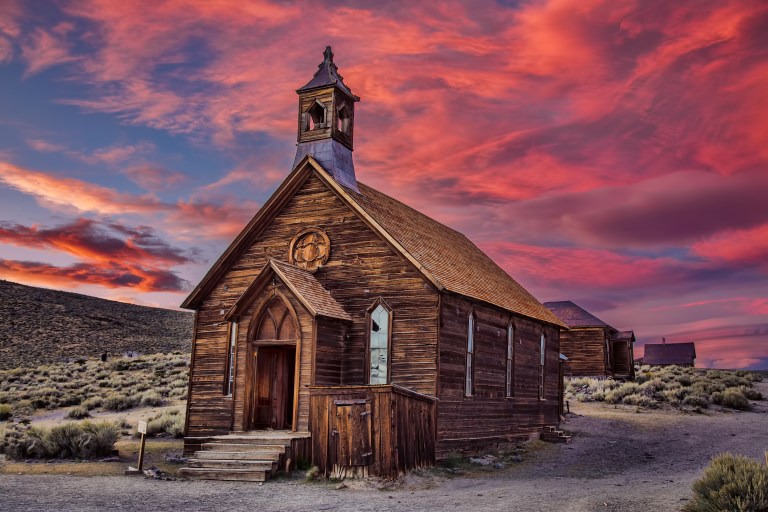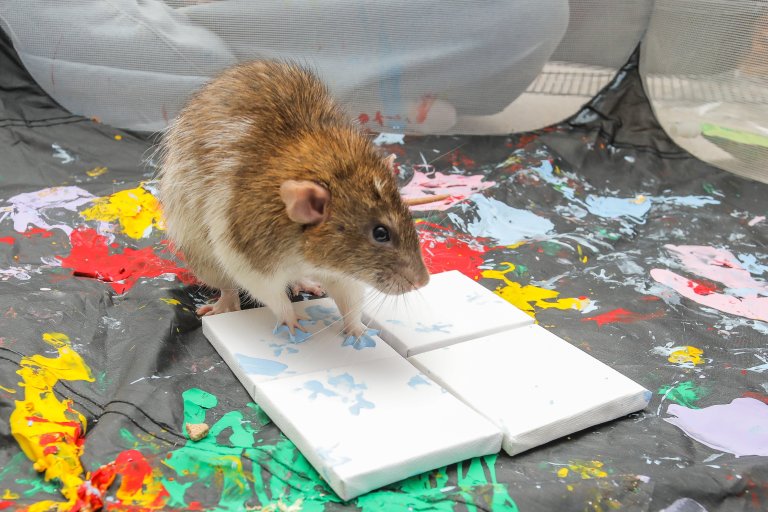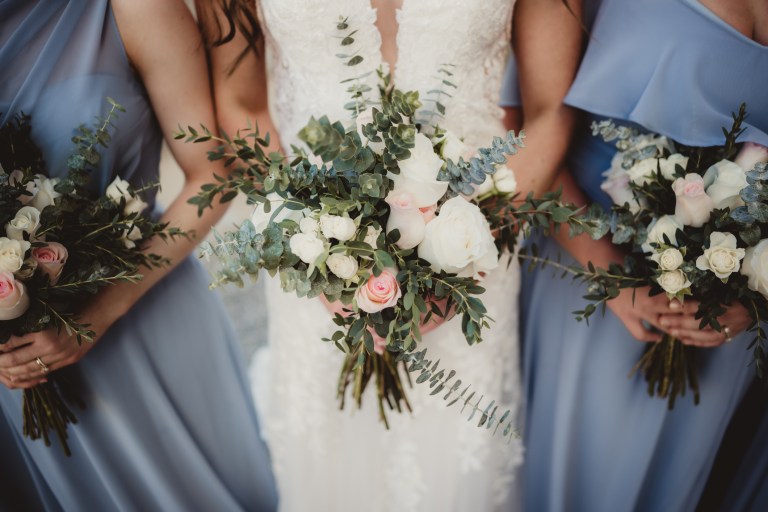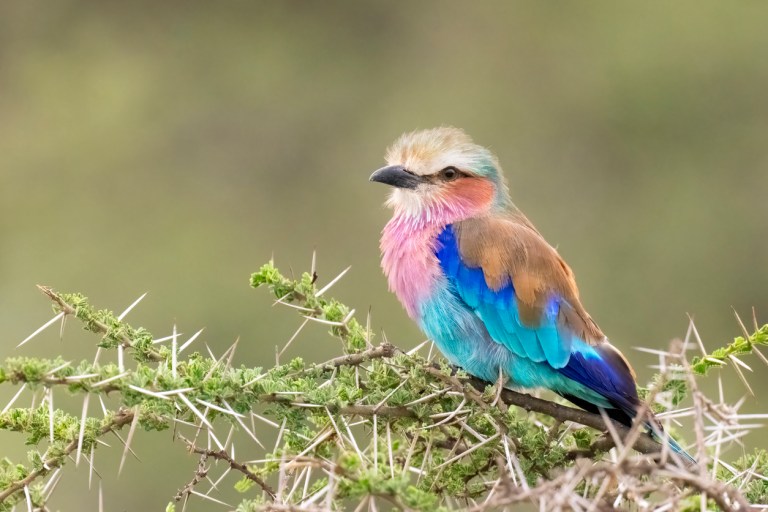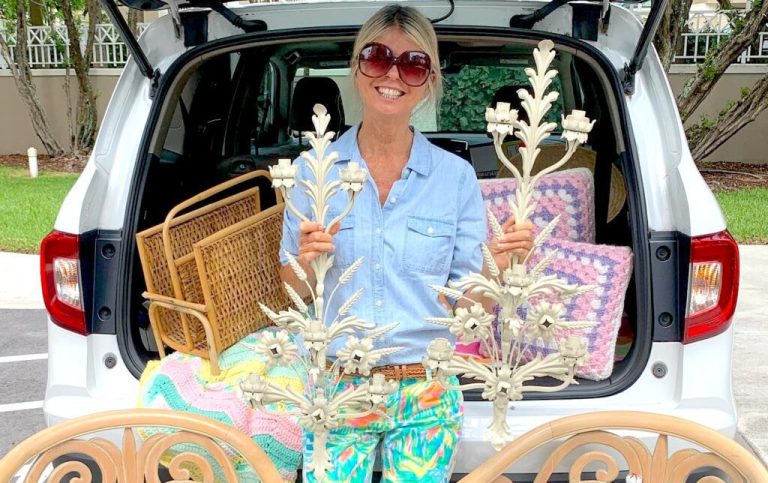It’s a little-known fact that Juliette “Daisy” Gordon Low, the founder of the Girl Scouts of the USA, was hard of hearing for much of her life. Now, more than a century after she started the enduring nonprofit, there’s a Girl Scout troop in Orange County, California, that’s carrying on her legacy in more ways than one.
Troop 8542 is the only one of its kind, bringing together members of the Deaf and hard-of-hearing community in a cohesive group. It’s the brainchild of Girl Scouts alumna Natalie Westfall, who had the idea to create a troop centered on the Deaf community and American Sign Language as her Gold Award in high school — considered the highest achievement within the organization.
It took a few years to get off the ground, but her idea finally came to fruition in 2020, and Troop 8542 is now thriving, with 12 members ages 5-11. Though the girls have some activities incorporating ASL, they also do all the same things you’d associate with Girl Scouts.

“They are doing everyday things — we’re going on hikes, we’re going on tours of equestrian centers, we just go play in the park some days, we do arts and crafts some days — and the kids around them happen to also be deaf and hard of hearing,” troop leader Janna Cowper told Nice News. “And that’s the representation that we want them to have.”
Cowper, who is deaf, has an 8-year-old daughter in the troop and a 5-year-old “honorary member.”
“[My daughter] goes to school every day and she is the only deaf and hard-of-hearing person there,” the mom shared. “But she’d come to the troop, and suddenly she’s not the only one with a hearing aid, so that’s really important for her to see.”
She co-leads with Alexis “Lexi” Marman, who is deaf and has a hearing daughter in the group. Both cited their own isolating experiences as children as reasons for why they’ve become invested in the troop and see it as being so important for their kids.
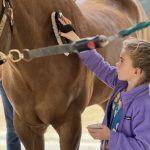
Marman recalled being a Brownie, one of the stages of being a Girl Scout, and not being able to understand what was going on around her.
“Believe it or not, I sometimes forget that I’m deaf. It’s being in a hearing environment that reminds me that I’m different or that I have a hearing loss,” she said via email. “When I am with others who have a hearing loss or who are deaf as well — it allows me to forget that there is something different about me and I can just be me. I hope to create this kind of environment for the girls, where they can forget that they have something different than everyone else and they can just be themselves.”
Cowper echoed that, noting that confidence is the most important attribute she hopes to instill in her Girl Scouts. “I actually grew up learning, ‘Oh, you know, you should blend in, you should cover your ear, you should hide the fact that you have a hearing aid,’” she said. “With these girls being very confident about it and being very bold, it’s something I wish I had.”
Westfall, who is hearing, handed the troop off to Marman and Cowper when she headed to college, and said she’s proud of how it’s grown from just three girls to the current group of 12. She remembered attending a Halloween party when the troop was still young, and reveling in the way they all interacted with each other.
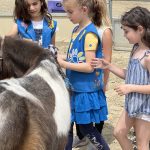
“Seeing all of these girls sitting on the couch, eating their food, and just chatting together, some using sign language, some using broken words, some speaking orally … I think was just the proudest moment, because I saw how far my project went and where it’s going,” she said.
The diversity of the Girl Scout Troop is also something Cowper championed, noting that it’s been special to see her daughter learning more about the Deaf community. As Westfall said, though they all have a common connection, some members know sign language, while others only communicate orally; some have cochlear implants, while others don’t; and some are children of deaf adults (CODAs), while others are deaf or hard-of-hearing themselves.
“It’s been nice to see her ask her own questions,” Cowper said of her 8-year-old, offering examples of some of the queries she’s come home with: “‘How come one girl only signs but doesn’t speak? How come some people speak but don’t sign?’”
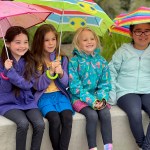
She continued: “It’s been cool to see her learn about her community, because … at least in our own school district, they’ve not had that type of conversation or that type of representation.”
Representation is at the core of Troop 8542’s ethos, and letting the kids simply be kids — playing, learning, and building friendships like everyone else — is right alongside it. Marman said the best part of being a troop leader is just seeing the girls have fun and laugh.
“There’s no need to translate the beauty and language of laughter,” she said, adding, “I have been fortunate to have accomplished a few great and grand things in my life, but being a part of [Troop 8542] has truly been on the top of the list. There’s nothing more rewarding than knowing you might, just might, be making somewhat of a difference.”
RELATED: More Than Just a Toy Company: The Powerful Representation Message Behind A Doll Like Me — Exclusive
